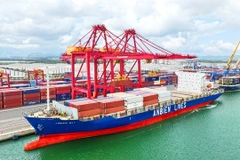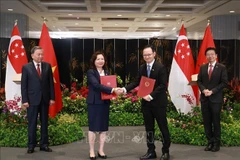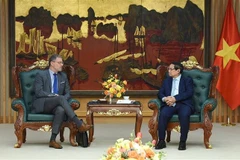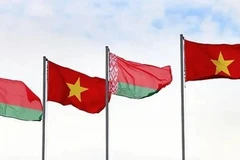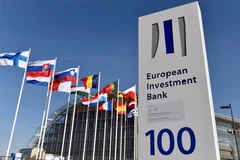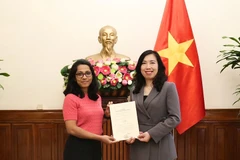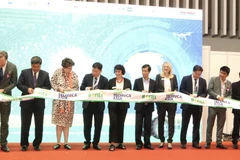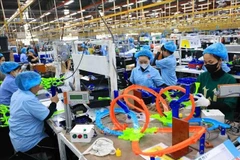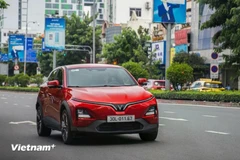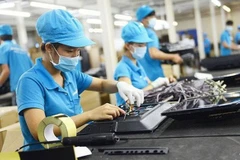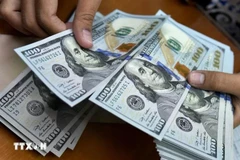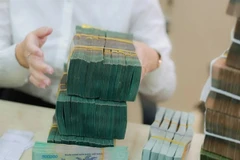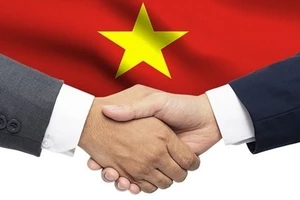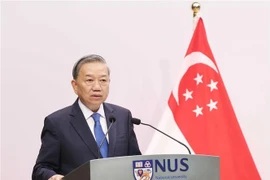The Minh Hai Ltd Company, for example, which specialises in productionand export of traditional food products, has maintained its weeklyexport plan and contracts, unlike many other companies in Vietnam .
The company director, Quach Hung Tong, said the company has exported over 800 kinds of made-in-Vietnam food products.
The company's main exports include sauces, fermented food, girdlecakes, rice noodles and fresh chillies, in addition to several non –traditional products such as pork – and fish-braising sauces.
"The biggest advantage that speciality exporters have is the stabilityof the number of customers," Tong said. "This kind of business does notrequire much capital for investment."
For example, toexport a container of frozen shrimp, exporters must spend hundreds ofthousands of US dollar to earn a 15 percent profit.
But Tong's company can make a similar profit, with only a 10,000 USD investment.
The Tri Duc Production Trading Service Company is another exporter that has done well in tough economic times.
"Tri Duc is preparing to export four tonnes of jam this month. We areseeking more foreign customers, particularly those from Hong Kong andTaiwan , to sell jams for making cakes," said Hoang Thi Tam Ai, companydirector.
Ai said she believes her company will have morecustomers in the future because their products are high quality andaffordably priced.
Other speciality export enterprises, however, said there are a number of obstacles in doing business.
Although speciality exporters can easily get contracts, they arerequired to meet strict import requirements on food quality and safety,thus encountering trade barriers, according to Diep Nam Hai, deputydirector of the Cho Lon Investment and Import-Export Company (Cholimex).
Independent market experts also said that many Vietnamesespeciality export enterprises ship under contracts signed with foreignretail groups, rather than their own brandname.
Consequently, profits from indirect exports are low because most of the gains belong to foreign retailers.
Tu Minh Thien, deputy head of HCM City 's Management Board for theHigh Technology Agriculture, also stressed the need for Vietnameseexporters of specialities to build brandnames for their products.
He said they should also further invest in production quality,packaging and design, and production capacity to ensure sufficientsupplies of products that have high quality and clear origins.
In addition, to maintain market share in overseas markets, specialityexporters have been advised to set up networks to directly distributetheir products to foreign supermarkets. They should also increasemarketing activities and organise market studies to discover foreignconsumers' tastes.-VNA


